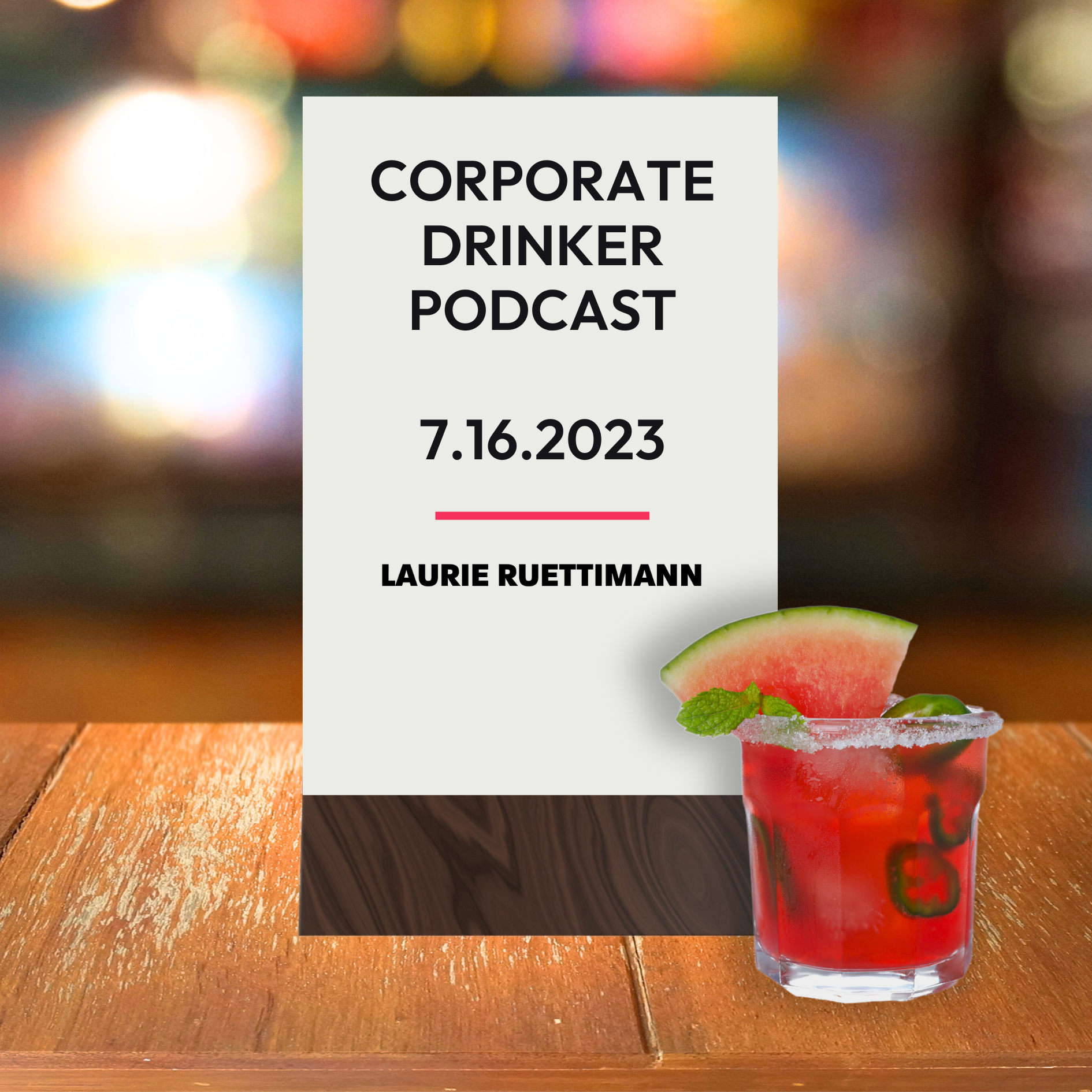
Perhaps I’m an outlier, but I’ve never loved a job like another human being. From the outset, I saw capitalism as a pyramid scheme and believed that work is for suckers. How can you genuinely love a job designed to make someone else rich?
Instead of pouring my emotions into a corporate career, I invested my attention elsewhere. Unfortunately, like many cisgender women, I often prioritized relationships with men, inadvertently sidelining the importance of self-love. I know heartbreak. But hey, at least I’m not shackled to a soul-sucking corporate job!
Love, directed at either people or work, carries universal traits. It involves a deep sense of attachment, commitment, and fulfillment. Love manifests as emotional intimacy, a profound connection, prioritizing the other’s well-being, and resilience amidst challenges in personal relationships. And those professing love for their jobs describe deep engagement with their work, a sense of fulfillment, and a commitment to their profession.
But crucial differences exist. Human love thrives on personal connection and emotional reciprocity, elements often absent in our relationship with work. Work-love is further complicated by power dynamics, corporate politics, and the pursuit of wealth.
Heartbreak, stemming from personal relationships or career setbacks, can have immense emotional impact. Personal heartbreak involves a loss of deep interpersonal connection, trust, and emotional intimacy. Career heartbreak, conversely, is linked to disappointment, identity loss, and frustration over unmet expectations.
The complexity arises when life’s stressors, such as career heartbreak, interrupt our work-love story and prompt the risk of developing unhealthy coping mechanisms like binge drinking or substance abuse disorders. As an HR leader, I’ve seen how a layoff can lead to prolonged “happy hours” or spark a lasting drinking habit. And the double whammy of simultaneous personal and professional setbacks—a divorce alongside a negative performance review, for example—has triggered many career-ending benders.
Overcoming these challenges necessitates self-awareness, resilience, and healthier coping strategies. More people must acknowledge and discuss the link between career setbacks and substance misuse. Managers and HR professionals have an excellent opportunity to help employees understand that setbacks are stepping stones to success. Instead of wellness programs predominantly focused on reducing obesity and smoking rates, I’d advocate for establishing healthy coping mechanisms—exercise, social support, professional help, mindfulness practices, and a balanced lifestyle. We also need structures that encourage employees to seek advice from mentors, career counselors, or professional networks when confronting career difficulties.
Building emotional resilience and regulation can ensure life’s challenges don’t knock you flat. Everyone can benefit from cultivating a positive mindset, adapting to change, setting boundaries for a healthy work-life balance, and preventing their job from dominating their identity or self-worth. This transformation can begin with managers and cascade downwards.
I know this journey is demanding. It requires self-love, bravery, betting on yourself, and putting yourself first. It also calls for self-leadership and individual accountability, particularly when seeking help during an unmanageable downward spiral.
Remember that disappointments and heartbreaks, in love or work, are not markers of failure. They are growth opportunities. Proactively managing your emotions, relationships, and career helps you navigate these challenges better. And therapy can be an invaluable resource in this journey.
Above all, remember that your work is not your worth. You are multifaceted, more than a single role. You’re not merely a programmer, a deal desk analyst, or a customer service rep. You’re more than a parent, partner, or sibling. You’re not simply someone who loves or hates a role or job title—you’re a complex individual capable of assuming multiple identities and harboring various passions and interests.
Embrace your complexity, celebrate your resilience, and remember: you are more than the sum of your parts. Life is full of challenges, and how you respond to these challenges defines you. If work-love broke your heart, it’s time to seek support when needed. Care for yourself as you would for others, and never underestimate your ability to bounce back stronger.
The most authentic way to love a job, or another person, starts with self-love. I’m betting on you to do it.